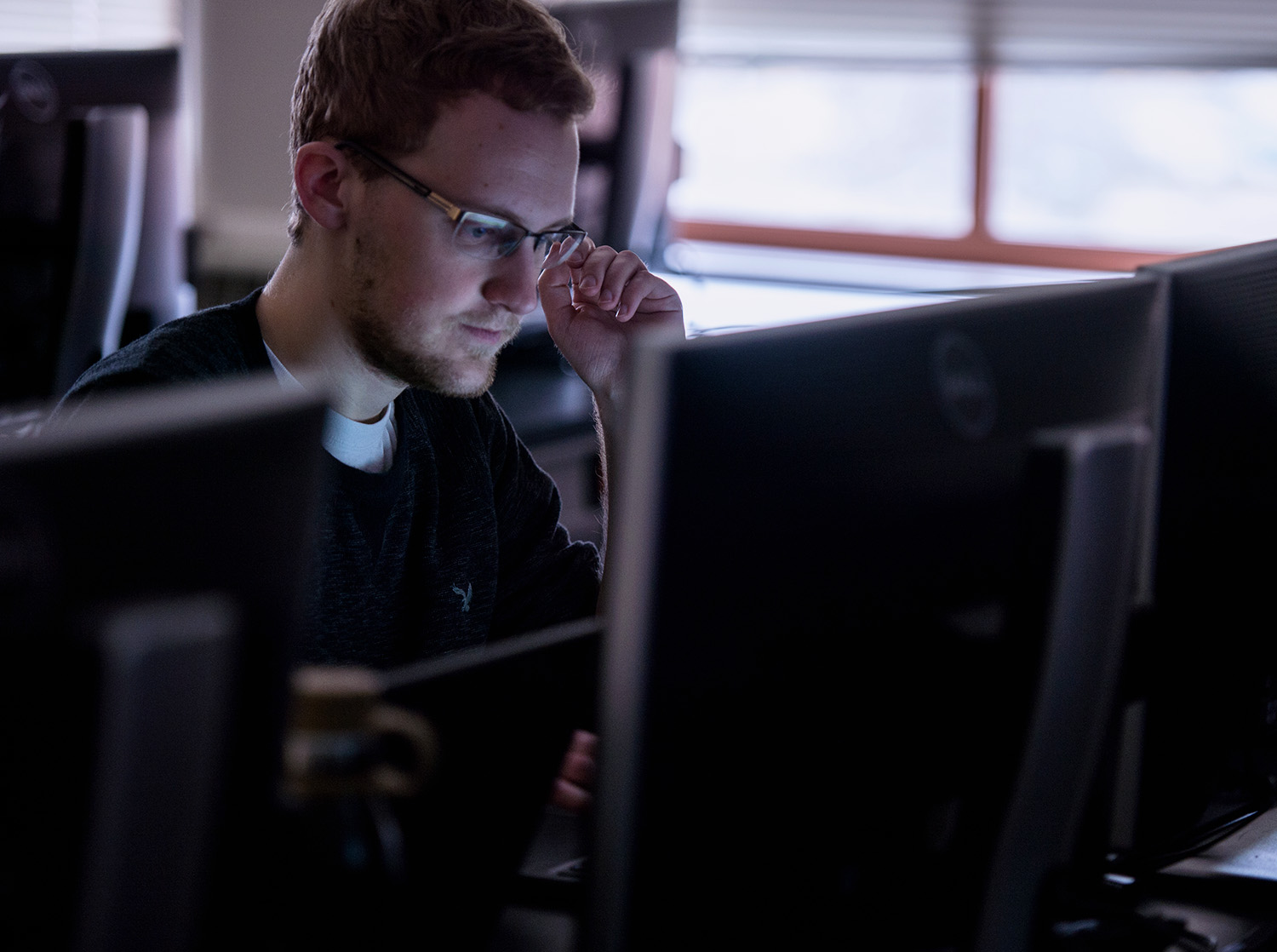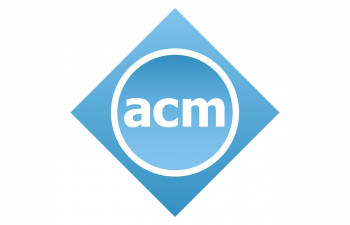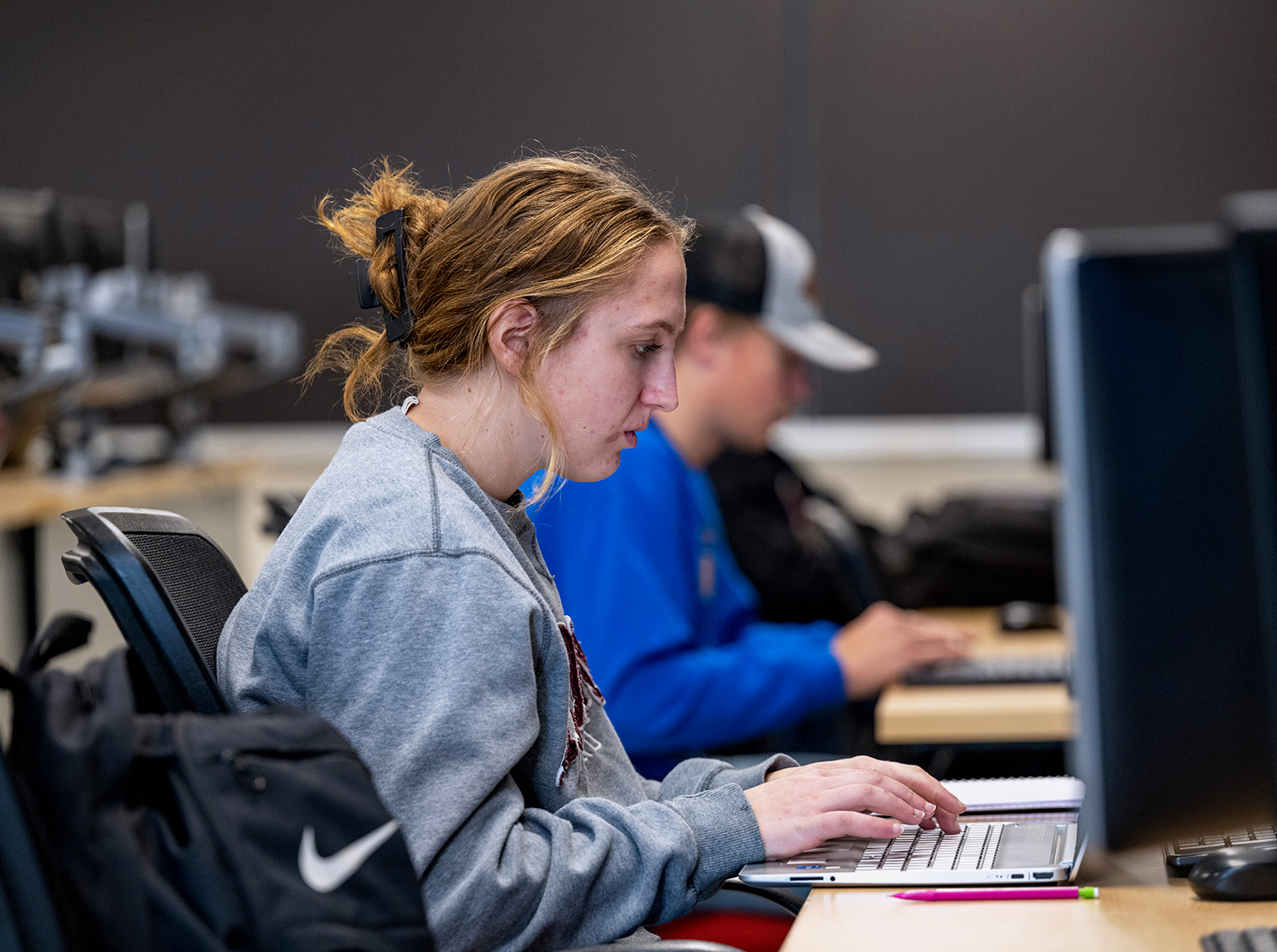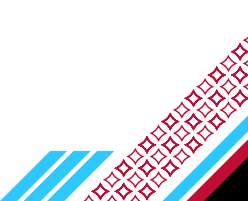Computer Science/Information Systems
Students majoring in computer science have two options to choose from: computer science and information systems. The CIDS Department provides an excellent environment for learning and emphasizes the importance of faculty-student interaction in classrooms, laboratories, academic advising and co-curricular activities, no matter which option you choose!

Learning Outcomes
Graduates of the computer science and information systems major build the following knowledge, skills and professional orientation through their college experience:
Knowledge
- The latest programming methodologies.
- Commonly-used data structures.
- The latest software engineering and software design methods.
- Computer organization and architecture.
- Operating system programming and theory.
- Computer communication and networking operation and theory.
- Database design.
Skills
- Analyze, design and develop modular scalable full-stack web applications.
- Design, implement and maintain computer networks.
- Build structured and scalable database management systems.
Professional Orientation
- Ability to communicate technical knowledge orally and in written form
- Ability to work as a member of a team
The department offers a wide array of learning options:
- Computer Networks
- Internet Technologies
- Computer Graphics
- Image Processing
- Computer Vision
- Artificial Intelligence
- Neural Networks
- Object-Oriented Programming
- Systems Analysis
- Database Management Systems
- Design of Information Systems
- Bioinformatics
Professional Development
Opportunities for professional development beyond coursework are available. Our internship program offers our students an excellent opportunity to acquire practical work experience, job-hunting and interviewing skills and professional communication skills. Independent study can also be arranged with professors to explore current trends in the computer field beyond those offered in the standard curriculum.
The CIDS Department has an active local chapter of the Association for Computing Machinery, (ACM) providing students generous opportunities to meet and learn from other students, guest speakers, business professionals and faculty representatives. The chapter is run by students and provides a range of activities and services, including presentations by local practitioners, visits from prominent speakers, technical and career workshops, field trips to computing installations and chapter social activities.

Association for Computing Machinery (ACM)
State-of-the-Art Facilities
All our classrooms are equipped with the latest multimedia technology to provide modern and efficient learning. Computer labs are outfitted with state-of-the-art computing and communication facilities including desktop computers, UNIX workstations, networking technologies and graphics workstations. Advance labs allow our students to work with the latest technologies and explore topic in areas such as AI, machine learning, genetic algorithms, computer animation, computer vision, wireless computing and more.
Academic Resources
Hands-on Learning
Our department offers class sizes that range from 30 in introductory courses to 15-25 in our more advanced courses. A hands-on approach to learning and problem solving is emphasized in our programs. Our small size classes offer students individualized interaction with faculty and other students.


